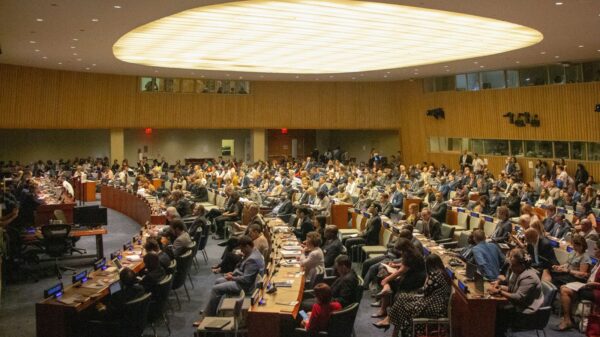
The social networks students build during college often shape their future relationships and professional opportunities. Cliques not only define who we are during college, but they also influence who we become, extending cliques far beyond campus life.
A clique is a small group of people who typically share common interests and spend time together, often not letting others into their circle of friends. One of the primary reasons students form cliques is to satisfy the innate human need for belonging.
The social capital gained through these groups plays a vital role in long-term success. Research into adult learning and persistence has shown that students who form strong social ties are more likely to succeed academically.
Research also shows the social dynamics formed on college campuses extend well beyond graduation—they shape the way adult relationships are built and maintained.
According to the National Institute of Health (NIH), during adolescence and young adulthood, cliques provide essential social contexts where individuals gain emotional support and develop their social identities.
These groups help students “gain a sense of belonging and receive support,” which is crucial for their social development.
Sophie Lee, sophomore Biology major from Marietta, Georgia, shared her perspective on cliques, noting, “I feel like they are inevitable for people, and not necessarily bad. When you start excluding people, that is when it evolves into a negative thing.”
This need for belonging is not limited to younger students. Research on adult learners, particularly a study by the New Prairie Press, highlights that forming friendships and social networks provides essential support.
The same study also found that these cliques and friendships are key to “student persistence and retention,” as they help students stay connected and committed to their academic success.
Jeff Zacharakis, the author of the study, found that “people who share common interests and purposes come together to form friendships, support groups and cliques,” highlighting the central role these groups play in offering emotional and practical help.
Cliques also develop through repeated interaction, which fosters social bonding. The more often students see each other, the more likely they are to form deeper connections. Sociologists from the NIH emphasize this phenomenon while stating how “peer cliques form an important context for the social development of adolescents.”
In the realm of adolescent education, the importance of social support cannot be understated, especially for students facing opposition from their personal lives. Conducted from 2007 to 2008, the study involved five focus groups with 69 adult learners, aiming to understand their experiences. By using structured discussions, researchers gathered direct insights from the students.
One student in the study described his new circle of friends as “a clique where everyone not only helped each other with homework and assignments but also provided rides when someone’s car broke down or shared babysitters so everyone could make it to class.
The support network—a close-knit group that not only shared academic responsibilities but also managed life’s logistical challenges—described here shows that cliques can be instrumental in driving persistence and engagement in educational settings.
The NIH said, “cliques have a higher position in the status hierarchy,” meaning that members of high-status cliques can leverage their positions to access social or academic advantages that others might not have.
Kaie Hall, senior Chemical Engineering major from Bowie, Maryland, reflected, “For the most part, cliques can be kind of bad. Whenever I hear about cliques, I think of specific groups of people that may ostracize others due to their status”
The exclusivity that often defines these groups can perpetuate divisions within the student body. It is essential to find a balance—students should be encouraged to build strong relationships but remain open to others to prevent the isolating effects that cliques can sometimes create.
Zacharakis added how, “weak ties are essential to social and economic mobility,” thus indicating that connections formed in these environments often serve as bridges to future opportunities.
Cliques are an integral part of the college experience, shaping not only social dynamics but also long-term personal and professional trajectories. While they provide a crucial sense of belonging and emotional support, they can also reinforce social hierarchies and exclusion.
Cliques can serve both a positive and negative function. On one hand, they offer emotional security and can foster deep connections that last well beyond college.
A healthy balance between social life and intrinsic values is needed to successfully navigate society. Through understanding the sociology of cliques, we gain insight into the complex ways in which our social relationships shape our world.
Copy edited by Anijah Franklin













